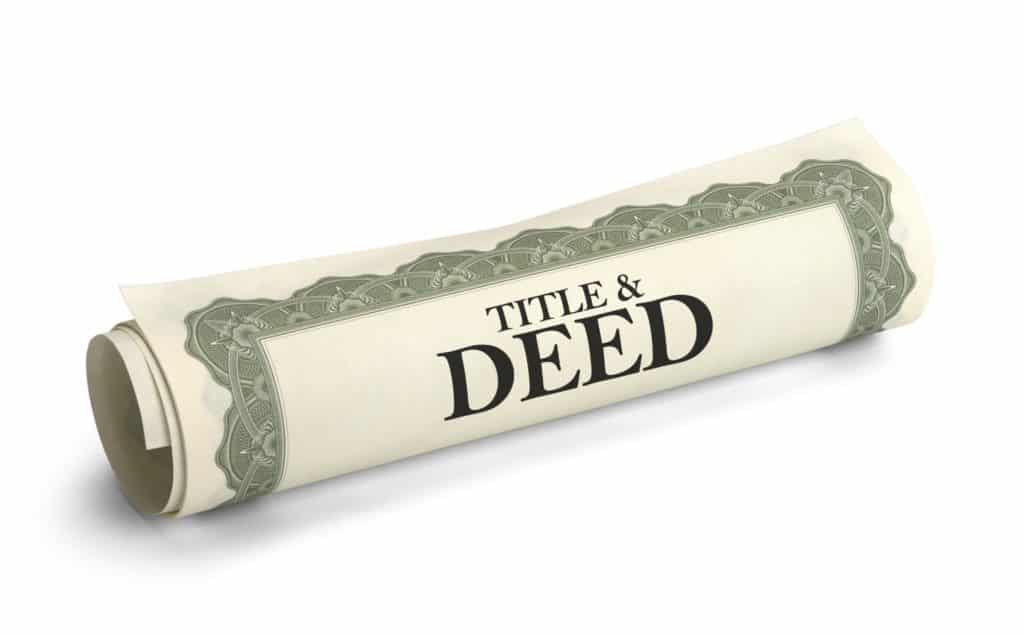When you die, assets will go to other people by title or contract, or they pass through probate in order to be transferred to someone else.
There are many a number of ways to convey by title, including joint ownership and by revocable trust transfers. If I add my child to my home as a joint owner, I run the risk that the child could have creditors or a divorce which could jeopardize my house.
A life estate deed is more like a timeshare- I can use the house for the rest of my life. When I die, it belongs to the remaindermen listed in the deed. I then can’t lose my house because of a liability of the remainderman.
There are two types of these deeds- A life estate deed with the power to modify, and one without any power for the grantor to change the deed once signed. Either should only be done if the property has no current mortgage, as otherwise, it could trigger a calling of the loan by the mortgage company.
The life estate deed with powers is a good probate avoidance tool. It allows immediate ownership without court. It is limited in that it doesn’t allow for controlled or protected distributions to a beneficiary. The home is also an available resource for long term care purpose because you retain control over the property. It does not give rise to gift taxes, as it is not a complete transfer.
With a life estate deed without powers to modify, the remainder interest holder does have an ownership interest in the property, which is granted in the life estate deed. The IRS publishes a table so that the value of the remainder interest can be calculated. Here’s why that matters:
- If the remainder is gifted, then the IRS table determines the gift tax amount.
- If the property is sold while the life holder is alive, the proceeds are split with the remainder holder, with the value determined from the IRS tables.
- If the life estate holder needs to apply for Medicaid, the gift value of the remainder will cause a disqualification.
- Five years after the transfer, it is protected from nursing home expenses.
However, if the life estate holder decides to sell the property, permission from the remainder holder is required. The life estate holder may not have to pay taxes, but the remainder interest holder is likely to owe capital gain taxes if the property is sold.
In weighing out your options for adding someone to a deed, consult with an estate planning attorney.
Reference: My San Antonio (Feb. 11, 2019) “Life estate deed by agent must preserve estate plan”


